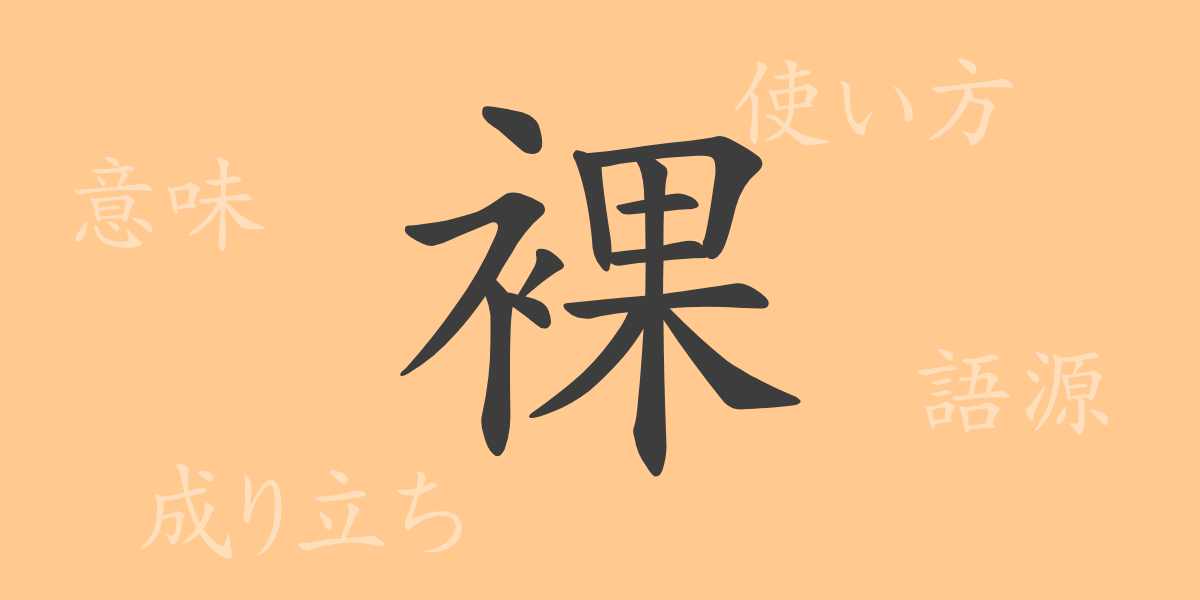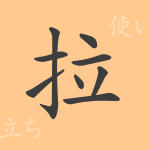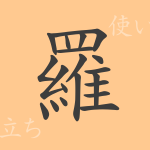In Japanese, each 常用漢字 (じょうようかんじ, frequently used kanji) carries its own unique history and meaning. The kanji “裸” (はだか, hadaka) is one of the words frequently used in our daily lives, yet it has a deep history and cultural significance. In this article, we will unravel the full story of “裸” (はだか, hadaka), from its etymology to its modern usage, pronunciation, stroke count, and radical. Additionally, we will introduce idiomatic expressions, proverbs, and sayings that use “裸” (はだか, hadaka), exploring the rich world of expression that this single character holds.
The Origin (Etymology) of 裸 (はだか, hadaka)
The kanji “裸” (はだか, hadaka) is composed of the character “衣” (ころも, koromo), which means clothing, and “果” (はたす, hatasu), which represents the body. In ancient China, “果” (はたす, hatasu) symbolized the human body, and combined with “衣” (ころも, koromo), it denoted the state of being unclothed, or naked. Over time, “裸” (はだか, hadaka) came to be widely used in the East Asian cultural sphere, including Japan, to refer to the state of not wearing clothes.
The Meaning and Usage of 裸 (はだか, hadaka)
The kanji “裸” (はだか, hadaka) directly refers to the “state of not wearing clothes.” However, metaphorically, it can also signify “an unadorned, natural state” or “a state without protection or concealment.” For instance, the term “心裸” (しんら, shinra) expresses a bare psychological state, and “裸の真実” (はだかのしんじつ, hadaka no shinjitsu) denotes a truth with nothing hidden.
Pronunciation, Stroke Count, and Radical of 裸 (はだか, hadaka)
The kanji “裸” (はだか, hadaka) has several readings in Japanese.
- Pronunciation: On’yomi (Chinese reading) is “ラ” (ら, ra), and Kun’yomi (Japanese reading) is “はだか” (はだか, hadaka)
- Stroke count: 13 strokes in total
- Radical: 衣 (ころもへん, koromohen)
Idiomatic Expressions, Proverbs, and Sayings Using 裸 (はだか, hadaka)
Here are some idiomatic expressions, proverbs, and sayings that include “裸” (はだか, hadaka).
- 裸一貫 (らいっかん, raikkan): Starting from scratch with nothing.
- 裸足 (はだし, hadashi): Being barefoot, without shoes or socks.
- 裸の王様 (はだかのおうさま, hadaka no ousama): Pretending to have value or importance when there is none, like “The Emperor’s New Clothes.”
Summary of 裸 (はだか, hadaka)
The kanji “裸” (はだか, hadaka) holds a multitude of meanings and usages that one might not imagine from its simple form. From the act of undressing to psychological and social nakedness, this kanji is used in various contexts, showcasing the richness of the Japanese language. The word “裸” (はだか, hadaka), frequently used in daily life, carries a deep history and culture inherited from ancient times.

























